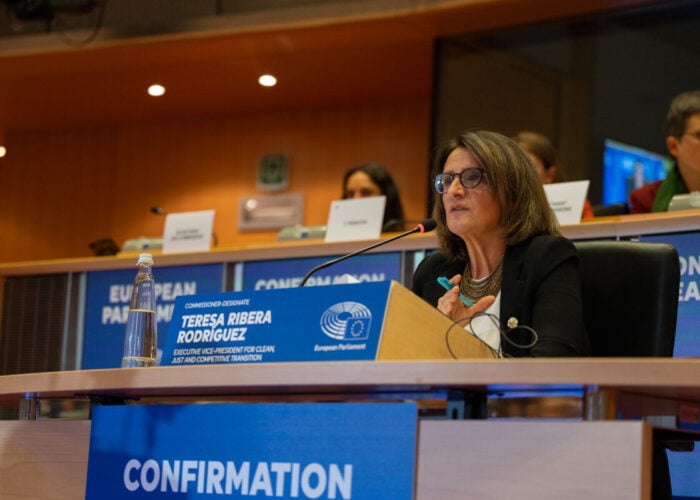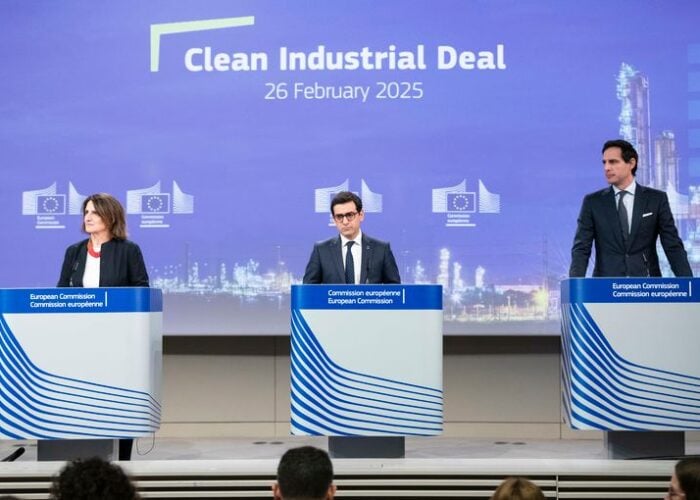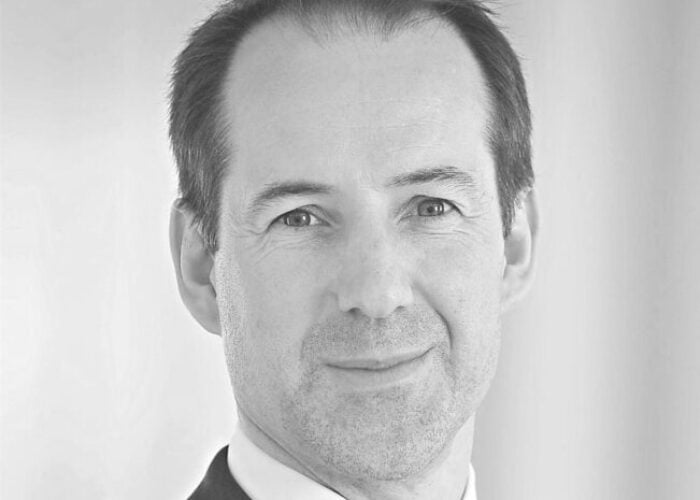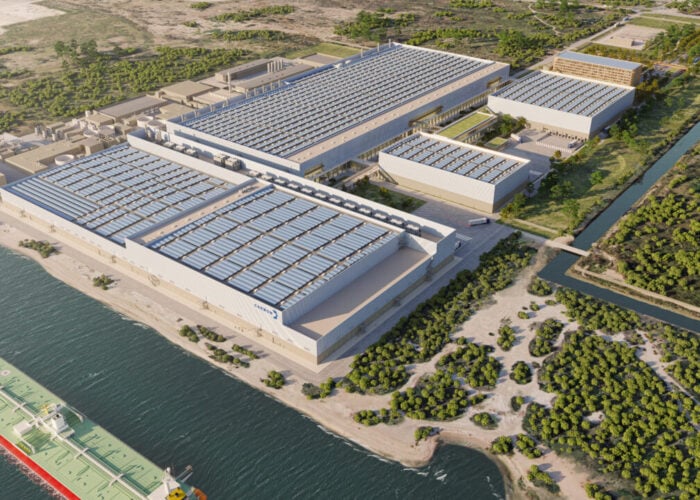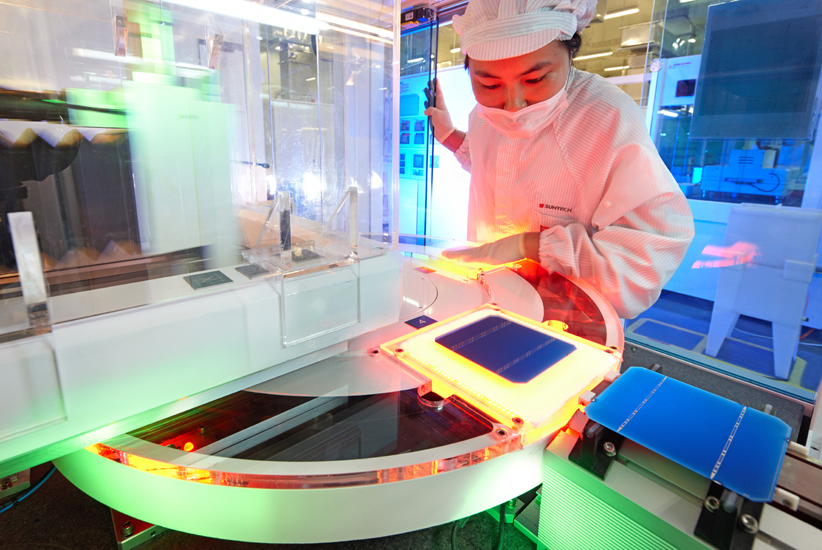
The European Commission confirmed on Friday that it would investigate the possibility of extending trade duties on Chinese solar products but raised question marks over ongoing tariffs on Chinese PV cell imports.
EU ProSun had requested an expiry review ahead of the existing duties' conclusion on 7 December. Brussels will now spend up to 15 months exploring whether the removal of duties would result in continued dumping and harm to the European solar manufacturing industry.
Unlock unlimited access for 12 whole months of distinctive global analysis
Photovoltaics International is now included.
- Regular insight and analysis of the industry’s biggest developments
- In-depth interviews with the industry’s leading figures
- Unlimited digital access to the PV Tech Power journal catalogue
- Unlimited digital access to the Photovoltaics International journal catalogue
- Access to more than 1,000 technical papers
- Discounts on Solar Media’s portfolio of events, in-person and virtual
But the Commission has also, under its own steam, launched an interim review into whether cells should be removed from the scope of products covered by the measures.
“The partial interim review is limited to the examination of whether or not it is in the Union interest to maintain measures currently in force on cells of the type used in crystalline silicon photovoltaic modules or panels,” a document filed alongside the expiry review notice read.
“Following a restructuring and consolidation of the Union industry in recent years, a significant number of cell producers have closed production. The bulk of the remaining cell production capacities in the Union appear to be largely destined for captive use for the production of modules or panels,” it continued.
“Consequently, the Union industry's cell sales to unrelated users are very limited in quantity, while non-integrated module producers depend on the availability of alternative supply sources, amongst others, the People's Republic of China, but also Taiwan and Malaysia.”
Finlay Colville, head of Solar Intelligence said the Commission may have picked the wrong target.
“With the expansions underway in Southeast Asia – in particular Malaysia and Thailand – by the main Silicon Module Super League big-six, there may be increased scope to supply the European market. However, this will depend on the balance of cells to modules. Ultimately though, it is still the MIP level that needs to be re-examined, not the channels of supply,” said Colville.
“Mainland Europe is no longer the global powerhouse in solar, and the UK's time as leading European market may also be coming to an end in 2017. Independent of the cell location, European demand needs a massive push in a post-incentives climate, and having an artificial pricing level well above global averages, is not helping in any way,” he added.
In September, PV Tech learned that some European module manufacturers were struggling to source affordable EU-made cells, with Solarworld the last major producer. The majority of its cells go into its own modules. Asked at the time whether the company now had a monopoly on cells in Europe, Solarworld vice president Milan Nitzschke, also president of EU ProSun, denied this was the case.
“SolarWorld is the last fully integrated manufacturer left in Europe and one of the few module manufacturers in Europe which produces their own cells,” said Nitzschke.
“It's a sad story that Chinese dumping forced so many other cell manufacturers to go bankrupt, close production or leave the country.” he added, listing Sovello, Schott, Hanwha Q CELLS, Conergy and Photovoltek among those no longer producing in Europe. “The same happened to wafers which have not even made it into the anti-dumping regulations.”
The removal of duties on Chinese cells would be a boost for European module manufacturers by increasing the pool of suppliers that they could source from.
This could potentially lower their costs. Solarworld, which is enjoying increasing demand from the US, uses most of its own cells. In Q1-Q3 this year it has sold 29MW of cells and wafers. It claims most of its production facilities are at full utilisation and has more than 1GW of cell capacity in Europe


